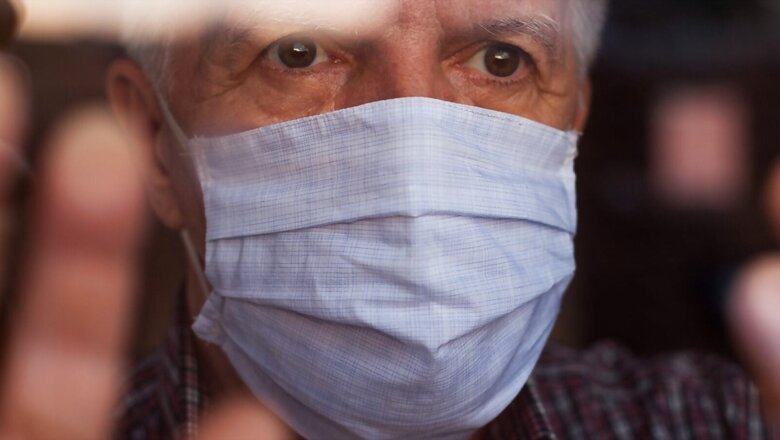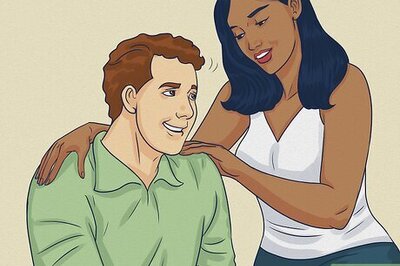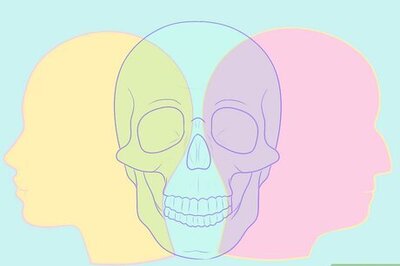
views
India is ageing and there is a change in the demographics. The population of elderly over the age of 60 is expected to double by 2050, constituting almost 19.6% of the total Indian population, as per projections by the United Nations. Maintaining the well-being and life quality of this ageing population comes with social and economic difficulties.
The term coined for these conditions is geriatric syndromes and includes delirium, falls, incontinence, frailty, and weight loss. All of these are highly prevalent in the elderly, multifactorial and are also responsible for morbidity and decreased quality of life. “Geriatric syndromes can be complex and therefore, on International Day of Older Persons today, it is is important to raise awareness among the caregivers as well as the elderly in order to overcome barriers and thereby improve quality of life," says Dr. Vishal Sehgal, President, Portea Medical.
Bladder control
Also known as urinary incontinence, lack of bladder control can become an extremely embarrassing condition for the elderly. It is also one of the causes for depression and isolation at this stage. “It is possible to manage incontinence with treatment and caregivers and family must be conscious to this need of the elderly," adds Dr Sehgal.
Lack of sleep and delirium
Sleep problems can greatly affect the quality of life in elderly and are responsible for other associated issues as well. Delirium on the other hand is a state of confusion and an emergency state. It occurs in about 14%–56% of patients, and is associated with hospital mortality rates of 22%–76%. A sudden change in mental function should be immediately checked.
Dementia
This is one of the most common geriatric syndromes affecting the elderly. It affects their ability to carry out even their usual tasks. “While the condition affects most of the elderly, it is possible to prevent this condition by taking precautionary measures from a young age," opines Dr Sehgal.
Falls
A serious cause of injury among the elderly, falls are the outcome of safety hazards at home, side effects of medication, walking and vision problems, dizziness, and bone problems. They pose serious health problems and occur in 30% of adults over age 65 and 40% over age 80.
Caregivers and family members must ensure that they weigh the elderly around them for changes mentioned above. They can help in preventing signs like weight loss by making food more appetizing and incorporating physical activity to boost appetite. “Additionally, it is also important to check medications and get them changed in case there are signs of nausea, dry mouth, or swallowing difficulties. Additionally, on an emotional level, spending time with the elderly can also help them cope with many of the symptoms," believes Dr Sehgal.
The common link between all these symptoms is that while they are challenging, they are not insurmountable. Home healthcare companies today can help take care of the elderly in the comfort of their homes ensuring empathy in communication and action.
The future of care for this segment rests strongly on how primary physicians and caregivers can recognize the signs of these geriatric syndromes at an early stage and initiate action to prevent disability.
Read all the Latest Lifestyle News and Breaking News here




















Comments
0 comment